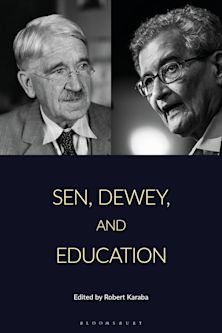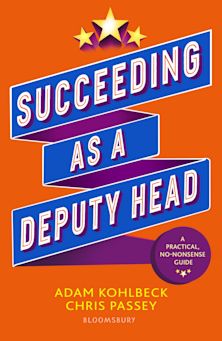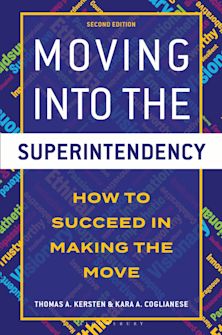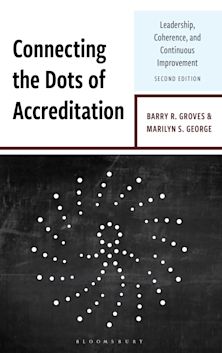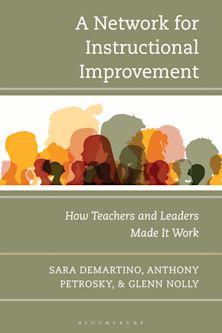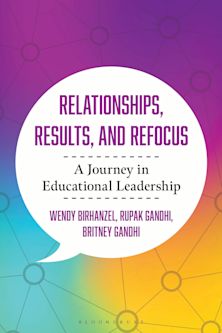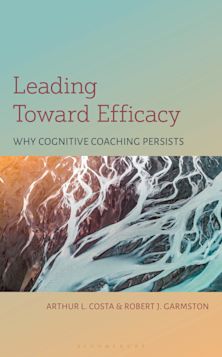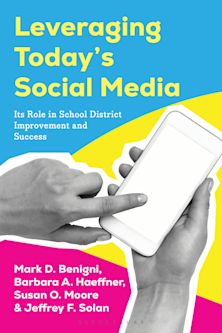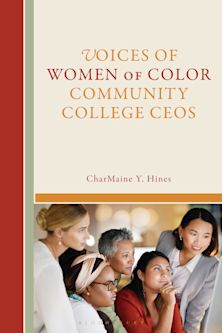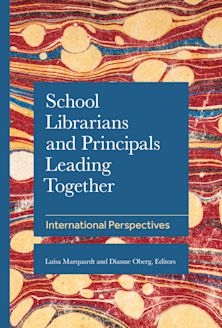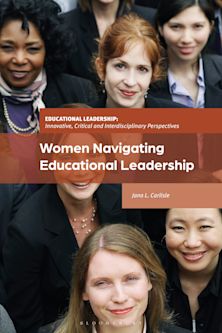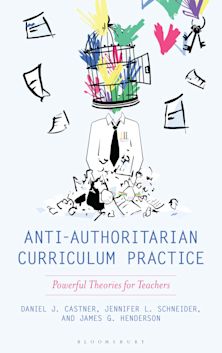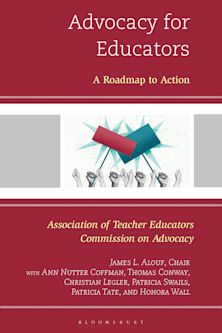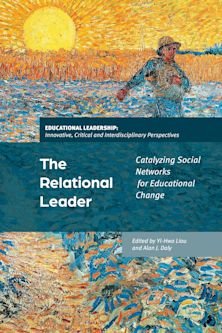- Home
- ACADEMIC
- Education
- Leadership and Management
- Democratic Curriculum Leadership
Democratic Curriculum Leadership
Critical Awareness to Pragmatic Artistry
Democratic Curriculum Leadership
Critical Awareness to Pragmatic Artistry
You must sign in to add this item to your wishlist. Please sign in or create an account
Description
This book provides educators with guidance on studying and practicing a curriculum problem solving artistry that is focused on deepening students’ subject matter understandings through democratic self and social understandings. The book begins with a discussion of seven principles of curriculum leadership, which provide a framework for the presentation of a theoretical platform that guides a four-phased process. The curriculum problem solving has four interrelated phases, and advice on studying and practicing each phase has been organized into separate chapters using a montage format incorporating inquiry prompts, supportive quotations, critical commentaries, practical tips, narrative illustrations, and study recommendations. There is a continuous recognition of the ways in which the four phases are folded into one another in highly interactive ways; hence, the problem solving approach is described as a fourfold process. The text concludes with an epilogue honoring the disciplined journey of understanding and the pursuit of professional virtues that are central to the cultivation of problem solving artistry. An ethical oath that was created by twenty Ohio teacher leaders serves as a collegial pledge to embrace this disciplinary commitment.
Table of Contents
INTRODUCTION: TEN FUNDAMENTALS
Chapter 1: THEORETICAL PLATFORM
Chapter 2: PROFESSIONAL AWAKENING
Chapter 3: CREATIVE TEACHING
Chapter 4: GENERATIVE LEAD-LEARNING
Chapter 5: PARTICIPATORY EVALUATING
Conclusion
Product details
| Published | Mar 06 2018 |
|---|---|
| Format | Ebook (Epub & Mobi) |
| Edition | 1st |
| Extent | 142 |
| ISBN | 9781475837889 |
| Imprint | Rowman & Littlefield Publishers |
| Publisher | Bloomsbury Publishing |
About the contributors
Reviews
-
Drawing on the results of a three-year grant funded by the Ohio Department of Education, Henderson, Castner, and Schneider develop a wonderfully original project that honors the primacy of practice in philosophical reflection in ways that enable “curriculum-teaching-leadership”to emerge as pedagogical problem solving artistry. It will reinvigorate teachers as well as students, parents, educational administrators, and other educational leaders in the larger community.
Jim Garrison, Virginia Tech and Uppsala University
-
A valuable resource for all educators, this book provides an abundance of ways to employ Dewey’s ideas in today’s schools. Much needed!
Nel Noddings, Lee L. Jacks professor of Education, Emerita, at Stanford University
-
Henderson, Castner, and Schneider’s volume is an extraordinary accomplishment. Written in a highly accessible style and combined with a wealth of practical illustrations, the volume’s emphasis on professional judgment and professional autonomy offers a breath of fresh air for educational leaders who have long been beleaguered by technical and reductionist approaches to their work. Democratic Curriculum Leadership is essential reading for all teachers and educational leaders committed to integrating democratic values and decision-making into their professional practice. Curriculum scholars will be highly interested in the book’s well-developed and comprehensive restructuring of the field’s conceptual centerpiece—the Tyler Rationale. In doing so, the authors adroitly repair longstanding divisions between the critical and the aesthetic branches of reconceptualist and post-reconceptualist thought. The authors’ “fourfold approach” is deeply informed by critical and aesthetically-oriented writers ranging from John Dewey, Nel Noddings, and Paulo Freire to Joseph Schwab, Elliot Eisner, and Maxine Greene. With this volume, Henderson, Castner, and Schneider have proven themselves to be groundbreaking educational theorists.
David J. Flinders, Professor of Curriculum Studies, Indiana University













